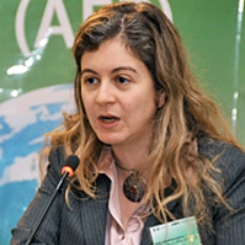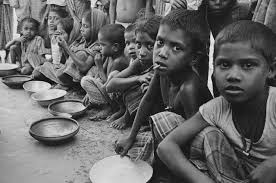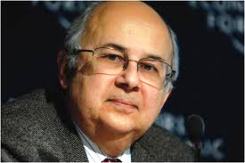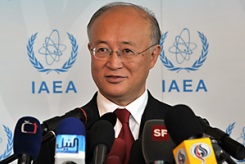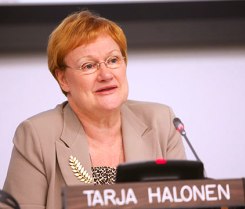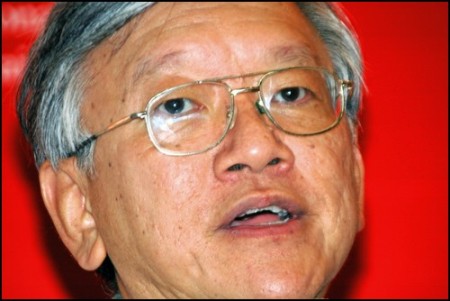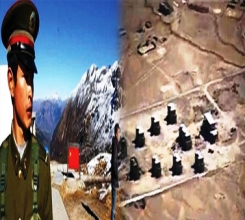By Meena Raman* | IDN-InDepth NewsReport
GENEVA (IDN) – The fourth meeting of the UN Framework Convention on Climate Change’s Green Climate Fund (GCF) Board, which began on June 26 in Songdo, South Korea, concluded on June 28 with the selection of its Executive Director as well as the adoption of decisions on the ‘business model framework’, which includes the private sector facility.
A decision was taken to set up three new structures under the private sector facility, to determine the terms of engagement with the private sector, exert due diligence and manage risks, as well as to review investment proposals and instruments.
The GCF Board selected Hela Cheikhrouhou as the Fund Secretariat’s first Executive Director (ED), following a global recruitment process.

